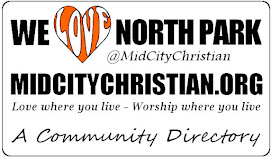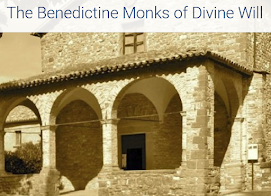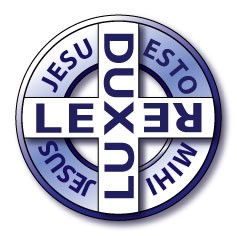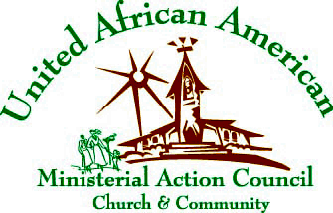C. S. Lewis: The Art of Disagreement
The world of contemporary discourse could learn a thing or two from C. S. Lewis about how to disagree.
Even his intellectual opponents recognized not only his forcefulness of
argument, but especially the honesty and charity in which he engaged
those with whom he differed. For example,
Derek Brewer remembers how Lewis would sometimes say, in the course of a tutorial, "I couldn't disagree more!" but not in a way that indicated he was offended or that Brewer was somehow unjustified in holding an opinion Lewis considered mistaken. He did not indulge in "moralizing exclusiveness," Brewer observes. Though they often differed, this led to a "fruitful dichotomy of attitudes," not to a chilling of their pedagogical relationship. | ||
The End of Identity Politics?
You know the earth beneath contemporary liberalism is shifting when a leading liberal voice publishes an article questioning one of its tenets.
This hardly signals the death of identity politics—nothing so
culturally powerful will go away with a sweep of the hand. But it does
suggest that this approach has accomplished its purpose and may now be
at a cancerous stage, something that will destroy us if we don't
strengthen our nation's pluralism on a stronger foundation—and
strengthen it we must:
It is a truism that America has become a more diverse country. … But how should this diversity shape our politics? The standard liberal answer for nearly a generation now has been that we should become aware of and "celebrate" our differences. Which is a splendid principle of moral pedagogy—but disastrous as a foundation for democratic politics in our ideological age. | ||
The Manipulation of Science
I
know I'm linking a lot to liberal-bashing articles lately, but many of
them reveal a great deal about human nature. I'm not fond of the
partisanship—as if there is something intrinsically evil about
liberalism. The problem is the hubris of the ruling cultural and
intellectual elite, which currently happens to be liberal. There is no
question that if conservatives were in the ascendency, they would
exhibit precisely the same blindness and hypocrisy (and do so even when
not in power!). That being said, this article on the misuse and abuse of science
does contain enough reality to give one pause. Science is one of those
areas we imagine is run by empirical logic, but of course, it is deeply
shaped by the ideological atmosphere of the times. While we recognize
this reality looking back (e.g., the "science" of eugenics in the
1920s), we have a hard time seeing it today. Articles like this, for all
its partisan snipes, point to some areas where science is being
manipulated today.
| ||
Now for Something Less Divisive …
I'm
not a big fan of Amazon.com, considering how they mistreat medium and
small businesses, but this commercial does have a redeeming theme that
transcends its creator. I've had two knees replaced, which has made my
liturgical life a little easier. I've also been involved in a lot of
interfaith dialogue, and thus my attractions to this video that my wife pointed me towards.
| ||
Grace and peace,
| ||
| ||
Friday, December 2, 2016
C. S. Lewis: The Art of Disagreement
Subscribe to:
Post Comments (Atom)























No comments:
Post a Comment